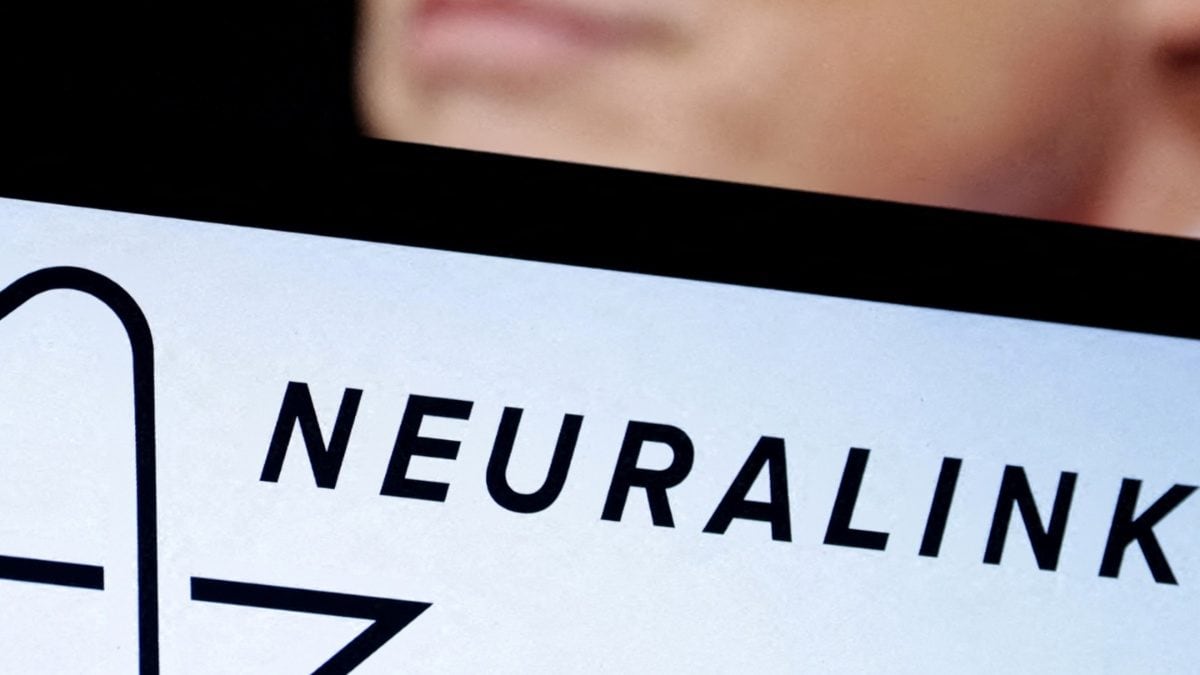Neuralink encountered a problem with the implant in its first human patient, limiting the amount of data that could be captured from his brain, the company said in a blog post after 100 days of clinical testing with the first participant. The quantity decreased.
Earlier this year, the first human patient received an implant from a brain-chip startup founded by Elon Musk. Preliminary results revealed promising neuron spikes. Noland Arbaugh, 29, who was paralyzed below the shoulders after a diving accident, became an internet sensation in March when he was seen playing chess on his laptop and moving the cursor using a Neuralink device. However, not everything is going according to plan. In the first human patient, a chip implanted in the brain developed some problems a few weeks after surgery.
Read more:Video: Elon Musk's Neuralink brain chip enables paralyzed patient to play chess with his mind
“During his first research session, Noland set a new world record for human BCI cursor control of 4.6 bps (bits-per-second). He has since achieved 8.0 bps and is currently trying to beat several Neuralink engineers using a mouse (~10 bps). Link is able to differentiate left and right clicks and allows precise enough control of the cursor to select a target, similar in size to the smallest icons and buttons on a laptop screen. The ability to select small targets using multiple click types allows Noland to use applications and play games on his laptop in a way that was not possible with his mouth stick,” the company said.
“In the weeks following surgery, several threads were removed from the brain, resulting in a net reduction in the number of effective electrodes. This resulted in reduction in BPS. “In response to this change, we modified the recording algorithm to be more sensitive to neural population signals, improved the techniques for translating these signals into cursor movements, and enhanced the user interface,” it added.
The U.S. Food and Drug Administration last year gave the company approval to conduct the first trial to test its implant on humans, marking a significant milestone in the startup's ambitions to help patients recover from paralysis and a number of neurological conditions. It was a stone. Last September, Neuralink said it had received approval to enroll for human trials. The study used a robot to surgically implant a brain-computer interface (BCI) implant into the area of the brain that controls intention to move.
Neuralink has previously said its initial goal is to enable people to control a computer cursor or keyboard using their thoughts alone. Last June the company was valued at about $5 billion. However, in late November four US lawmakers asked the US Securities and Exchange Commission to investigate whether Musk misled investors about the safety of his technology after veterinary records showed problems with implants on monkeys. did.
(with agency input)
top video
look at all
Thousands flee Rafah, Israel tells Biden it “cannot be tamed” by threatening to cut off arms supplies
Putin's nuclear warning in Victory Day speech, attacks West for “distorting” Russian role in Nazi defeat
Chinese jets and ships surround Taiwan, US sends destroyer aircraft as tensions rise ahead of Lai's inauguration
Moscow says Britain is “choking on Russophobia” after expulsion of Russian diplomat for alleged spying
Putin meets Armenian PM amid tensions over Azerbaijan. Attempt to bring Armenia back from NATO-US occupation?
Location: Washington DC, United States of America (USA)
first published: May 09, 2024, 16:19 IST
